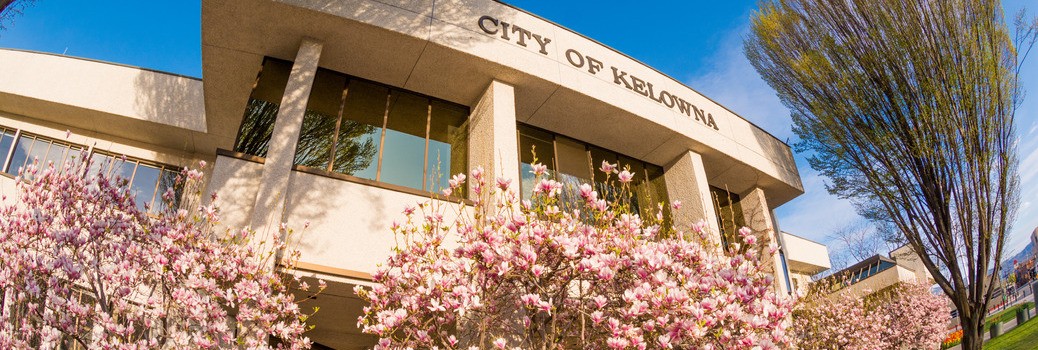Financial Management in Local Gov't
Topics
By Genelle Davidson | Jul 12, 2020
“Public service is a special trust.” This is the first line of the Government Finance Officers Association code of ethics and for me, it is more than just a slogan. I truly believe that there is nothing without trust.
This is especially true when it comes to looking after taxpayer dollars. We know our residents work hard for their money and are watching closely to make sure the City is responsibly managing the taxes and fees it collects. It is vital that we hold ourselves accountable.
This is why I feel strongly about the importance of strategic planning and reporting. Using these tools, we are open and transparent about our decisions, the rationale for those decisions and what outcomes we expect. But even more importantly, we’re able to provide our residents with the information they need to trust that their tax dollars are being well spent.
City Council has laid out its priorities in Council Priorities 2019-2022 and in order to fulfill these, City staff have identified Financial Management as one of our key corporate priorities. You can find our latest progress report on the City website.
One of the goals addressed in the report is “quantifying service delivery costs.” What do we mean by this? Take the example of a park. When City Council is considering whether to create a new park it is important that Councillors -and residents- know exactly what it will cost. But figuring that out is complex.
For starters, there is the cost of acquiring the land. After that is the cost of designing and building the park, which depends on what amenities are included such as playgrounds, washrooms, sports fields, tennis courts, etc. Once the park is built, there are ongoing operating costs such as washroom cleaning, grass cutting, beach cleaning, etc. There are also potential revenue streams to consider, such as those from vendors who operate concession stands. Our job in financial services is to quantify all these different elements and present them in an easy to understand way that show the full picture so that our elected officials can make good decisions that the public can trust.
Another important goal is increasing our non-tax revenues to ensure that we are not overly reliant on collecting property taxes. As the progress report shows, our non-tax revenues dipped slightly in 2019 after three years of steady increases. Over the last four years, the largest increases came from government transfers ($37 million) driven by flooding-related grants, and from fees and charges ($32 million) driven by increasing development and airport fees.
These efforts have helped us become a financially sustainable municipality with taxation accounting for approximately one-third of the funding needed for the City’s annual budget. And we continue to look for ways to increase our non-tax revenues with initiatives like reviewing our development application fee, evaluating opportunities for the City’s existing sponsorship and advertising program, and reviewing user fees (e.g., arenas, facilities and bookings).
Finally, I should note that we are continually looking for ways to save money and be more efficient. For example, we recently streamlined our payroll system by transitioning from a staff-intensive paper-based system to an online platform. As a result, when COVID-19 hit, the three staff responsible for payroll quickly and seamlessly transitioned to working remotely. So, in addition to being more efficient and cost-effective, the new system makes us more resilient.
In financial services our job is to manage the public’s money. However, our main currency is not dollars - it’s trust.







